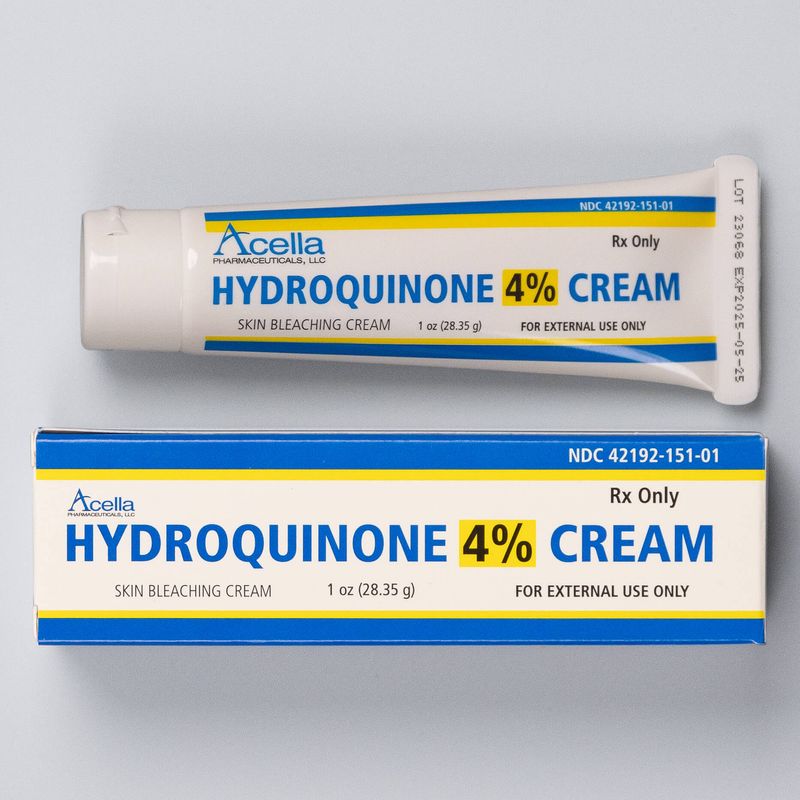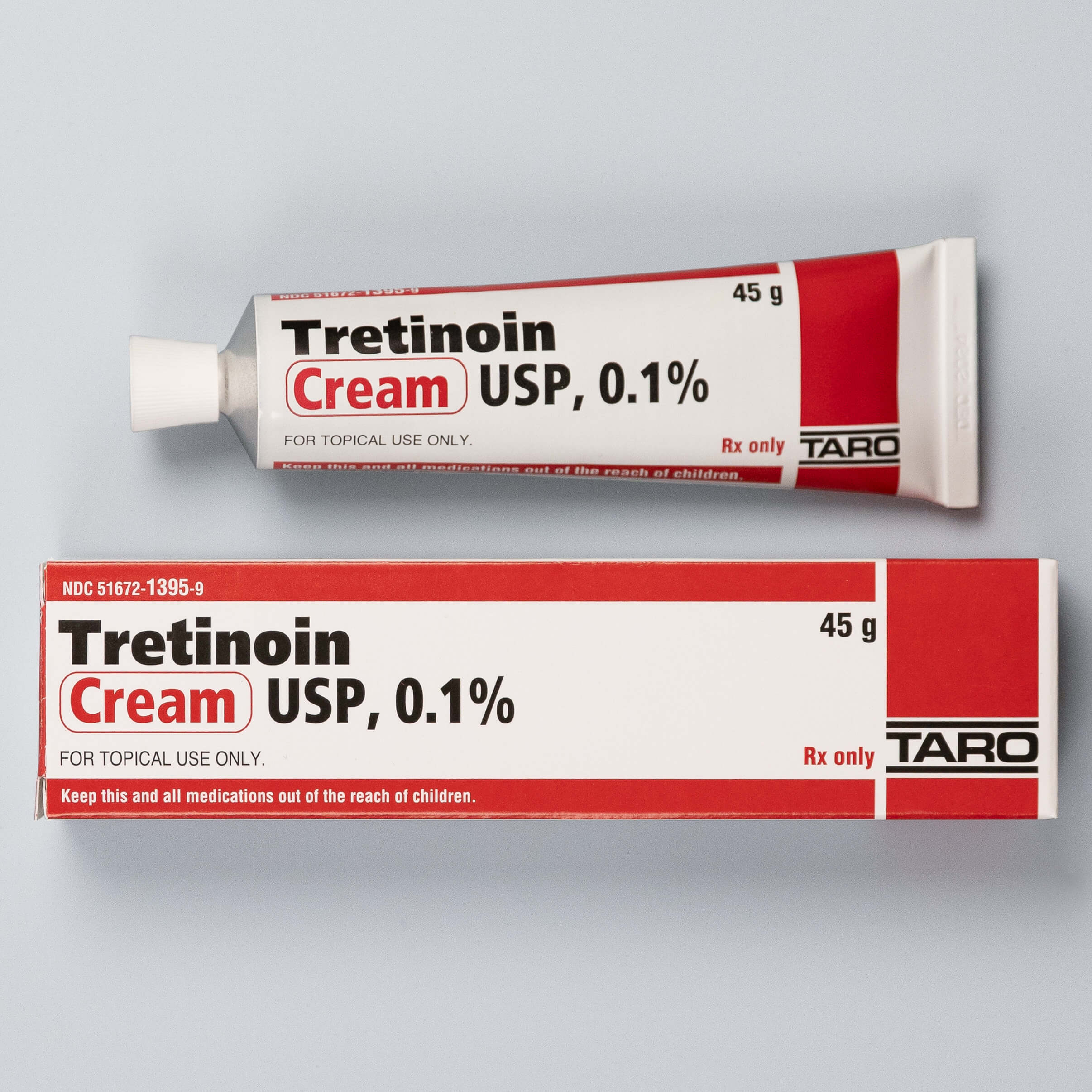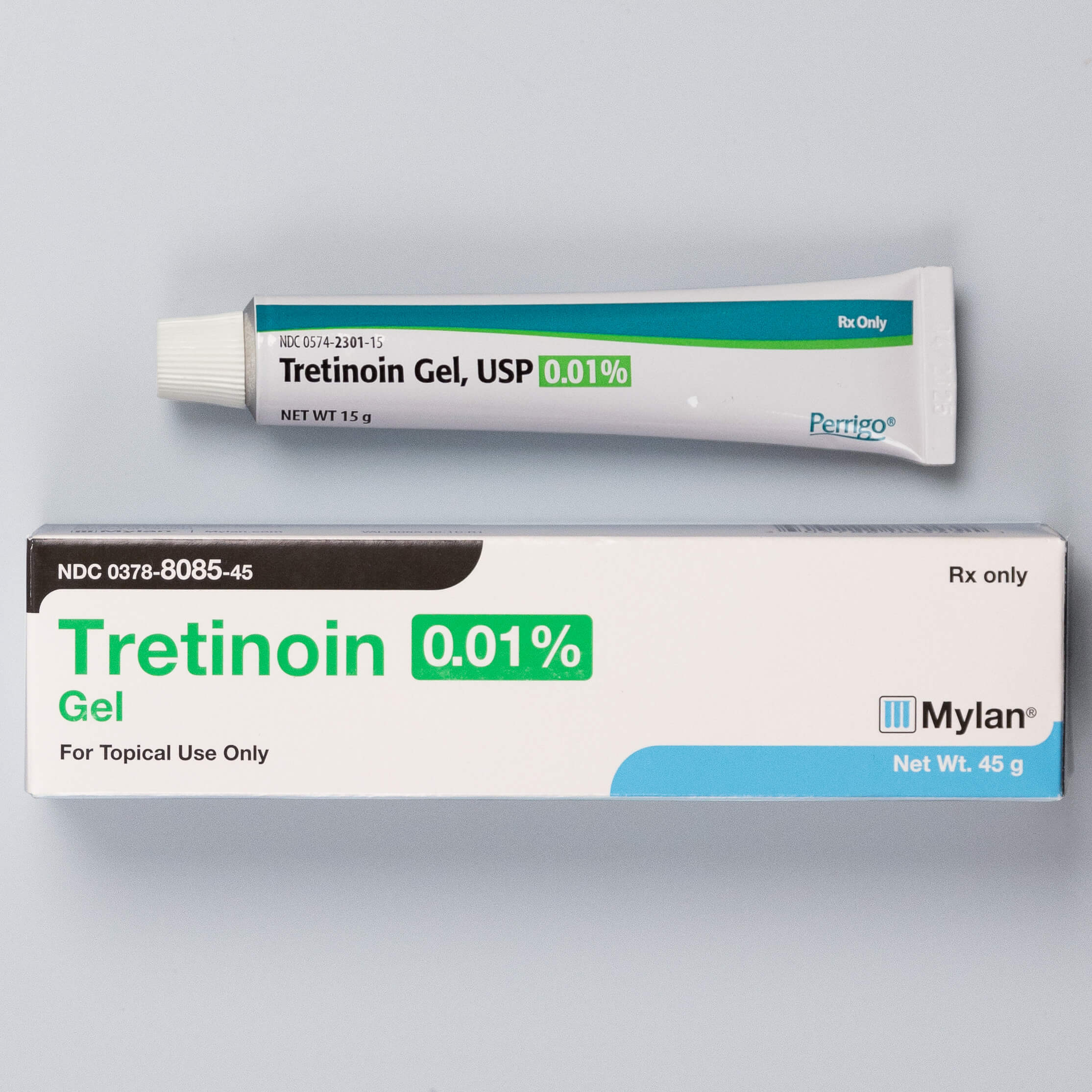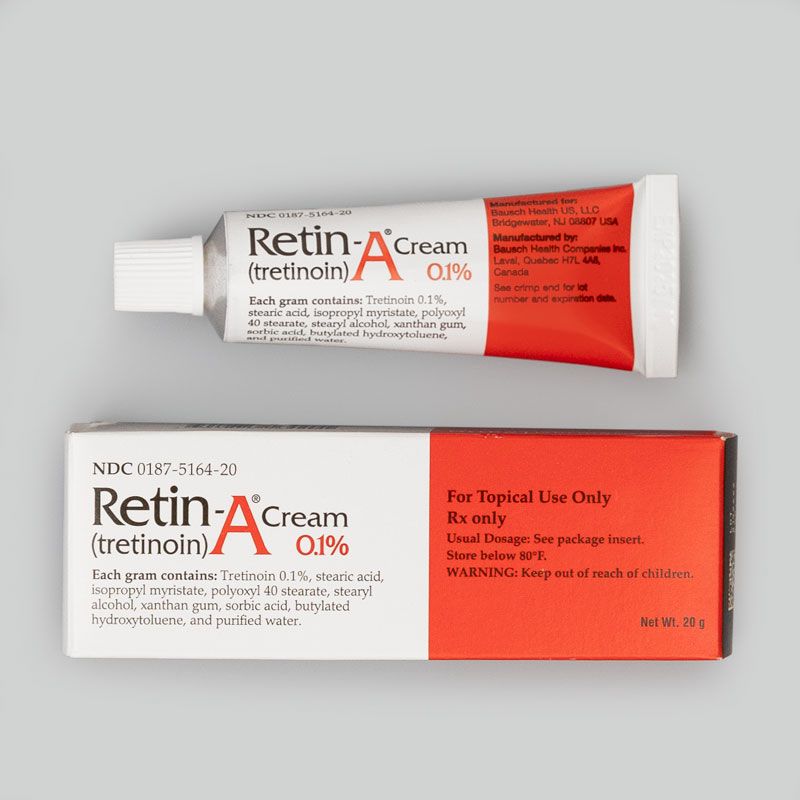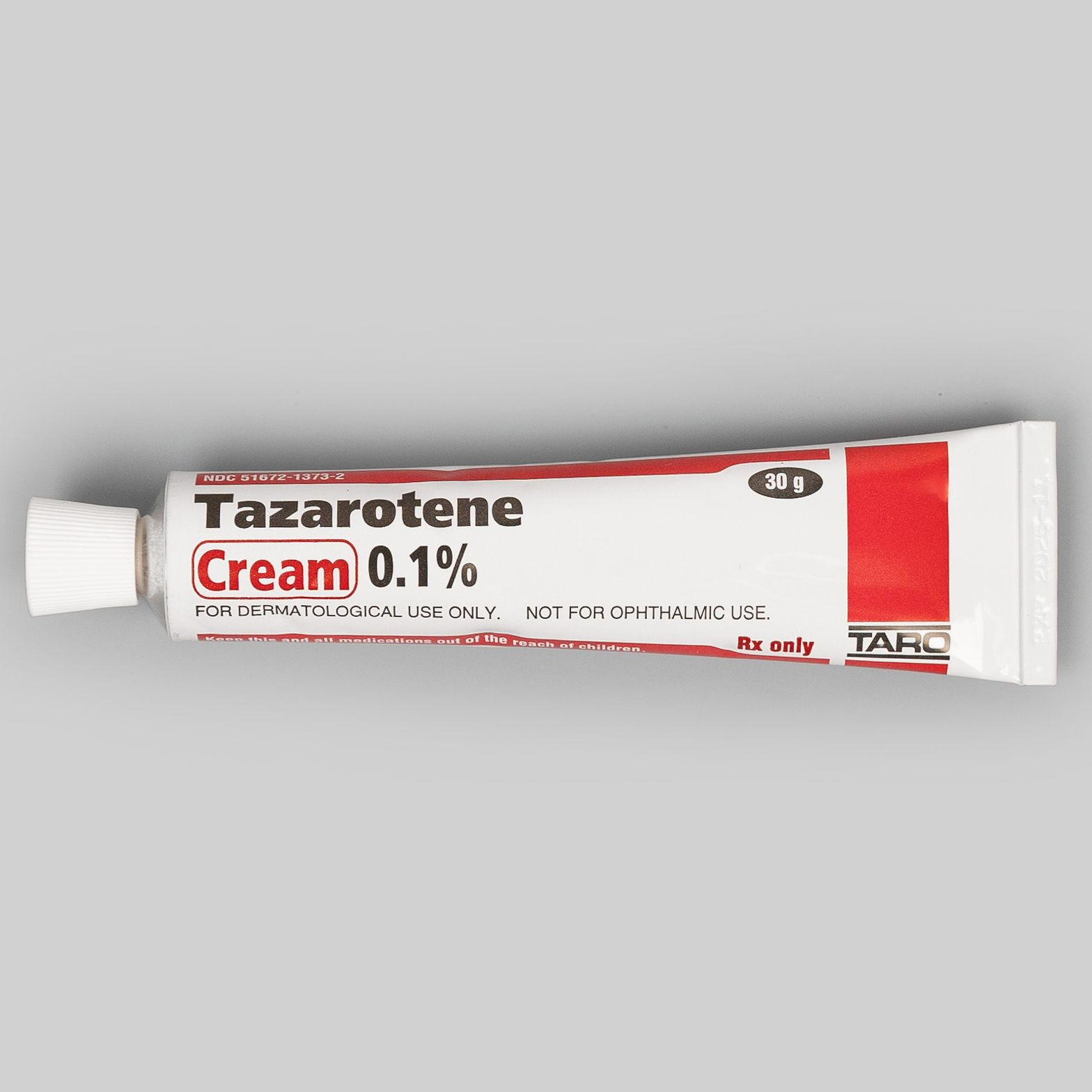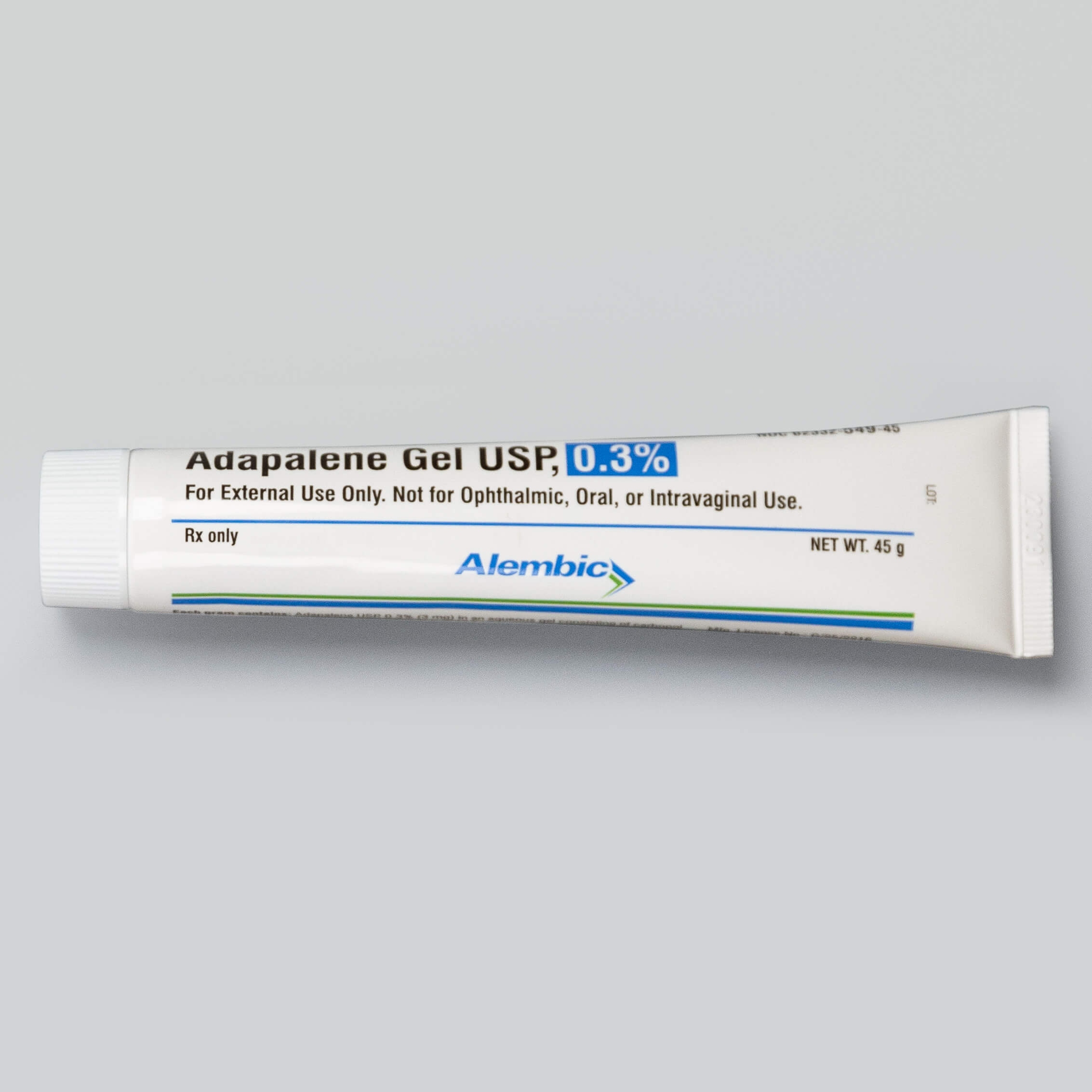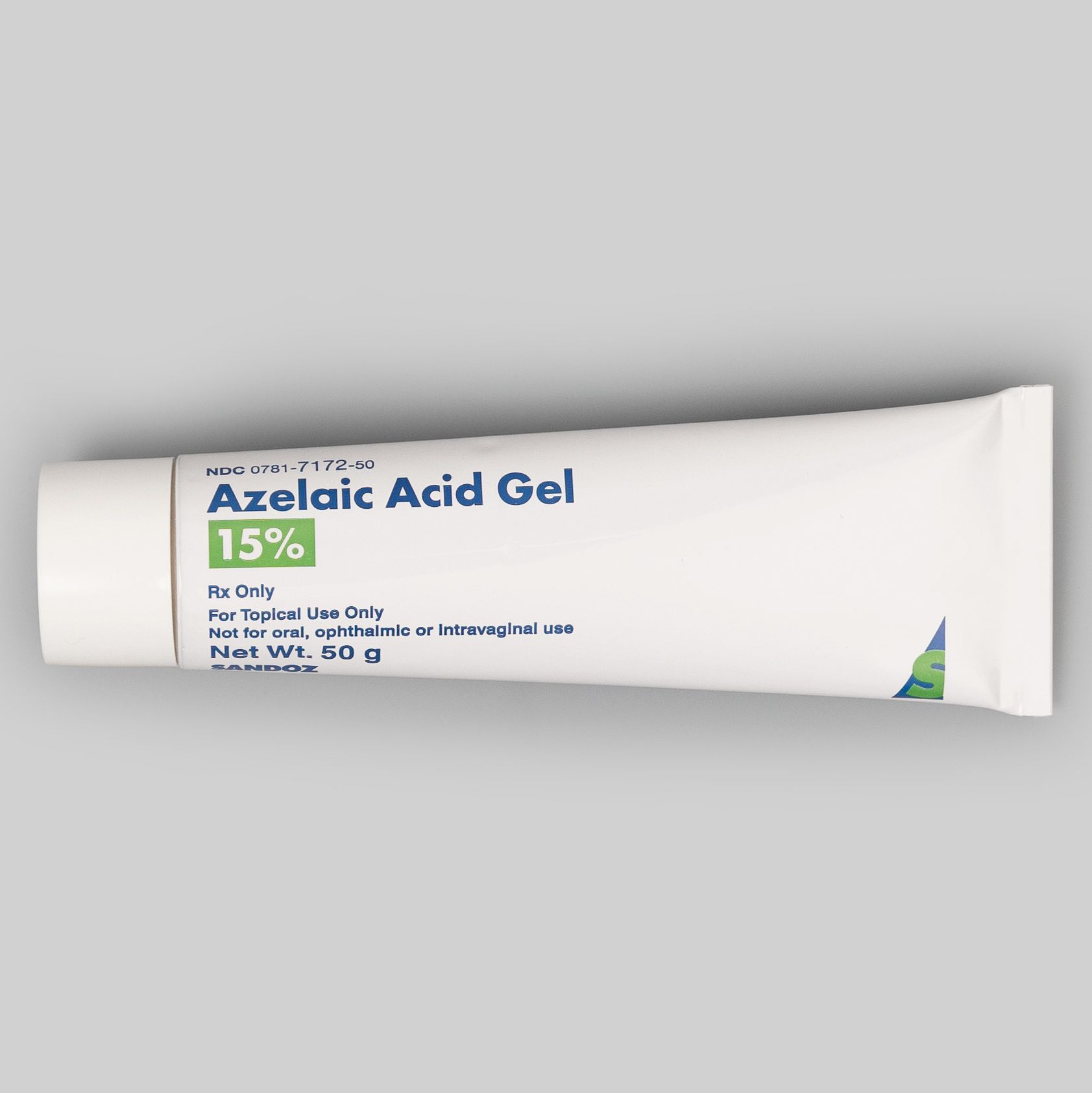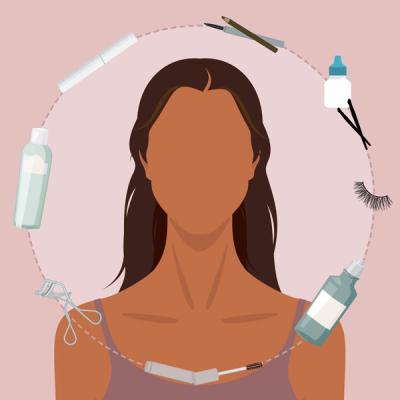Compare Hydroquinone 4% Cream Prescription Prices
See how we stack up against competitors on costs for hydroquinone cream. Not only do we offer transparent, low prices on FDA-approved treatments, we charge only $25 for an anti-aging online consultation with one of our licensed dermatology providers.
| Brand & Costs | Total Cost Per Treatment |
|---|---|
RedBox Rx $25 – online consult* $60 – hydroquinone 4% cream ($20 per month) |
$85 for three-month supply |
Nurx® $40 – online consult $90 – hydroquinone 4% cream ($30 per month) |
$130 for three-month supply |
Musely® $20 – online consult $108 – prescription dark spot cream ($36 per month) |
$128 for three-month supply |
Agency® $105 – prescription dark spot cream ($35 per month) + skin assessment |
$105 for three-month supply |
*You save money on your doctor consultation fee by selecting RedBox Rx pharmacy and having treatment shipped to your address. Consultation fee increases to $69 if another pharmacy is used.

55%
of patients using 4% hydroquinone cream had “good to excellent” improvement by eight weeks.
Source: National Library of Medicine
Sorry, we’re closed for today. Our U.S. licensed medical providers are available daily 7 a.m. to 9 p.m. CST via live video visit. We look forward to serving you soon. Email us anytime at [email protected].
Hydroquinone Cream FAQs
-
Hydroquinone, also known as skin bleaching cream and dark spot cream, is prescribed to even skin tone and lighten hyperpigmentation on the skin due to aging, sun damage, injury, melasma and hormonal changes like pregnancy.1
-
Hydroquinone blocks the body’s process of producing melanin, the substance that creates dark pigment in the skin from sun exposure. It also helps break down melanin that is already present. With less melanin, dark spots on the skin are reduced.2
-
Hydroquinone cream is available at 4% with a prescription.3 Higher strengths, such as 6%-12%, are only made through a compounding pharmacy based on a prescriber’s order. These compounded medications are not FDA approved, which means the FDA has not reviewed them for safety, effectiveness or quality.4 RedBox Rx offers FDA-approved hydroquinone 4% cream.
-
Hydroquinone cream should be applied to the affected skin area as directed by a medical professional. This is the typical process:5
Wash your hands before and after applying.
Clean and dry the affected area.
Gently apply the cream to the hyperpigmented area.
Make sure you do not get any cream in your eyes or mouth.
You should also only use hydroquinone for the length of time directed by your provider. The cream is typically prescribed for shorter treatment cycles — such as three months6 — to avoid rare side effects.
-
Hydroquinone can be used on affected areas of your face and body but must be kept away from your eyes, mouth and sensitive skin.7
-
Yes, tretinoin and hydroquinone can be used together to treat hyperpigmentation. Always follow the directions of a medical professional when combining medications.8
-
Hydroquinone cream is not available over the counter and requires a prescription. RedBox Rx offers FDA-approved hydroquinone 4% cream that has not been compounded with extra ingredients.
-
Yes, hydroquinone is considered safe when prescribed by a licensed provider and used as directed. It has been FDA approved in 4% strength to treat melasma and dark spots.
Like all medications, it’s important to use hydroquinone correctly:9
Keep the cream away from your lips, eyes or broken skin.
Do not use if you are pregnant, planning pregnancy or breastfeeding.
Only use hydroquinone for a short period of time. Your treatment cycles should last no longer than three months, followed by a break to help prevent rare side effects.10
Avoid using hydroquinone at the same time as products containing benzoyl peroxide or other strong peroxides, as they may cause skin darkening.11
When used under medical guidance with daily sun protection, hydroquinone remains one of the most effective and trusted treatments for stubborn dark spots and melasma.
-
Prescription hydroquinone (4%) is FDA approved for short-term use to treat hyperpigmentation such as melasma.
Over-the-counter hydroquinone (2% or less) is not currently FDA approved. The 2020 CARES Act officially required all OTC hydroquinone products to be removed from U.S. shelves unless they go through FDA approval.12
-
Side effects of hydroquinone cream include:13
Mild burning
Stinging
Redness
Dryness
Exogenous ochronosis: This very rare condition stems from long-term continuous use and causes bluish-black skin discoloration.
If you experience severe irritation, darkening of the skin or have concerns about side effects, stop using the cream and contact your provider.
-
No, it is not recommended to use hydroquinone if you are pregnant, breastfeeding or trying to conceive.14
-
Many hydroquinone 4% creams today are dispensed as a generic and simply labeled “hydroquinone 4%” without a brand name. It has also been sold under several brand names, including:
Lustra®
Eldoquin®
EpiQuin Micro®
Melquin®
Melanex®
It is also used in certain combination products, such as:
Tri-Luma® (hydroquinone + tretinoin + fluocinolone, FDA approved for melasma)
Obagi Nu-Derm® and ZO® hydroquinone protocols (skin-care systems prescribed by dermatologists)
In addition, some higher-strength or combination formulations are custom-compounded by pharmacies and do not have FDA approval.
-
Tri-Luma® is an FDA-approved compound cream that contains hydroquinone 4%, but there are key differences between the two.
Hydroquinone cream is commonly used to even skin tone and lighten hyperpigmentation. It’s typically prescribed in short cycles of up to three months, followed by a break.15 Side effects may include redness, dryness, burning and increased sun sensitivity. With long-term use, there is also a rare risk of ochronosis, a bluish-black skin discoloration.16 Hydroquinone 4% from RedBox Rx is available at $20 per month, billed and shipped every three months.
Tri-Luma® is a stronger option intended for moderate to severe facial melasma.17 In addition to hydroquinone, it contains a retinoid and a corticosteroid, which makes it more potent but also increases the risk of side effects. These may include skin thinning, a higher chance of ochronosis and the possibility of melasma returning once treatment stops.18 The FDA recommends limiting use to eight weeks, after which maintenance or alternative therapies may be needed.19 Tri-Luma® is also more costly, with the average retail price for a 30 g tube at about $297.69.
-
We offer a variety of prescription medication treatment options for anti-aging, including:
-
How to Get a Hydroquinone Cream Prescription
RedBox Rx Hydroquinone Reviews
-
“
This was an ideal way for me to get the prescription strength medication I needed to lighten the dark spots on my face. In a month's time, the spots are beginning to lighten. I am very pleased.
-
“
The payment for the visit and medication is very reasonably priced, and I received my prescription in the mail very quickly. I would highly recommend RedBox Rx to anyone looking into prescription strength anti-aging products.
-
“
Amazing, quick, efficient experience! I got my medicine for my acne, wrinkles and hyperpigmentation! The process is amazing here!!

Affordable melasma and dark spot prescriptions online.
We feel our best when we look our best. RedBox Rx has multiple FDA-approved prescription medications to help men and women treat melasma and hyperpigmentation, and reduce the signs of aging like fine lines, wrinkles and dark spots. We offer transparent, affordable pricing with fast, free shipping to your door.
- Low-cost telehealth consult with a licensed medical provider.
- Hydroquinone cream prescriptions starting at $20 per month (90-day supply).
- Only FDA-approved hydroquinone 4% — no compounded formulas.
- Confidential, private and secure.
- Free standard shipping or expedited/overnight available.
Sorry, we’re closed for today. Our U.S. licensed medical providers are available daily 7 a.m. to 9 p.m. CST via live video visit. We look forward to serving you soon. Email us anytime at [email protected].

About the Medical Reviewer
This content has been medically reviewed by Marshall Sanders, PharmD, president of RedBox Rx. Sanders leads the development and delivery of healthcare solutions that are accessible, affordable, and discreet—connecting patients with U.S.-licensed providers and prescription treatments, all from the convenience of home. He brings more than 20 years of pharmacy leadership experience. Sanders earned his Doctor of Pharmacy (PharmD) degree from the University of Iowa in 2005.

